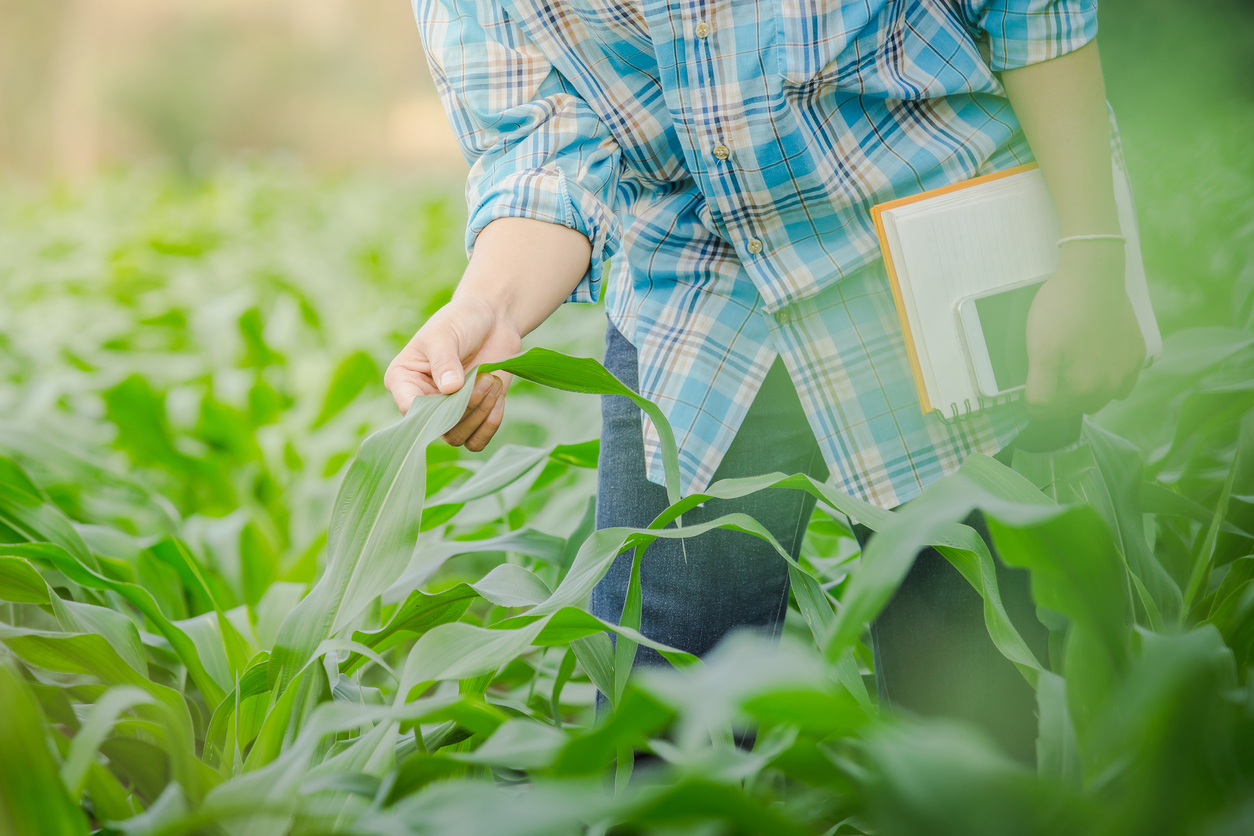For someone who is just getting started in building their wealth, the sheer variety of investment opportunities can be intimidating. Should you go with what nearly half of Americans do and invest in the stock market? Or invest in real estate and flip houses like you see on TV? Or should you just throw money from your paycheck into a retirement fund? Everyone has to make that judgement for themselves, but it's important to at least know you have options. One investing opportunity many millennials may not know about is the option to grow your wealth over the long term with agriculture.
What is agriculture and why should I care about it?
Agriculture may not be at the top of your mind, and you may be left scratching your head at what exactly agriculture is. Agriculture is the science or practice of farming, including cultivation of the soil for the growing of crops and the rearing of animals to provide food, wool, and other products. Everything you eat and drink, what you wear, and even the house you live in, all connect to agriculture products.
Connect to Your Food
Today it's common for people to want to better understand where our food comes from. We're interested in how our food grows and getting to know who produces it. There's also a push for farmers to practice sustainable agriculture. Sustainable agriculture meets the world's current food needs without making future generations compromise to meet those needs. Investing in agriculture can allow you to have a closer connection with those producers, and learn more about our food system, which has an effect on our everyday lives.
Grow Your Wealth
Farmland and timberland are not short term investments, so they make sense for someone trying to build long term wealth. The younger one begins investing in something like agriculture, the more wealthy they will be at retirement. Like other forms of real estate, farmland appreciates in value while the crops produce a yield each year. Other products, such as tree crops, simply take a long time to grow. Nut trees such as almonds, for example, don't produce their first crop until they are 5 years old and then continue to increase their rate of production for up to 50 years.
For an example of the long term wealth building power of agriculture, the graph below shows the value of a single $10,000 investment in agriculture (US Farmland, which returned 10.25% from 1970-2016) versus the same investments in EE U.S. Savings Bonds (.1%) or a certificate of deposit (5 years at 2.5%, rolled over). Investments in these so-called "Safe" assets are likely to end up as a nominal loss due to the corrosive power of inflation, which shrinks the value of a dollar by about 2.5% a year over the long term.
Value of $10,000 Invested at Age 25
No More Risk Than the Stock Market
Only one in three Millennials say they invest in stocks, a 2017 Bankrate.com survey found. Investment risk was the third-most commonly cited reason for not investing in stocks by the general population.
All investments contain risk, but investing in agriculture isn’t more risky than other asset classes. Real assets, like income-producing agriculture, provide a hedge against inflation, and are an attractive investment for a diversified portfolio. Agriculture as an alternative investment has little to no correlation with the stock market, and produces solid returns compared to other asset classes. Many ag investments are backed by land.
There are some different risks associated with agriculture investments: fire, drought, pests, or disease can damage crops. However, geographic and commodity diversification will usually protect against these risks. Plus, hedging and crop insurance are also available for some commodity crops.
Having the Funds to Invest
According to the 2017 Bankrate.com survey, 46% of millennials also said lack of money is the reason they don't invest, making that the most common response. The good news is it doesn't take millions of dollars to invest in agriculture.
In the past, the best way to expose a portfolio to agriculture was to buy an entire farm. KrogerFarms has introduced crowdfunding to the agriculture industry and provided a way to invest in private deals in farmland, timber, or livestock operations that don't require massive upfront costs. The projects we have listed start at a $5,000 minimum investment. Millennial investors can begin adding agriculture to their portfolios in a larger sum or by spreading it out across multiple projects. Are you ready to start growing your wealth?

